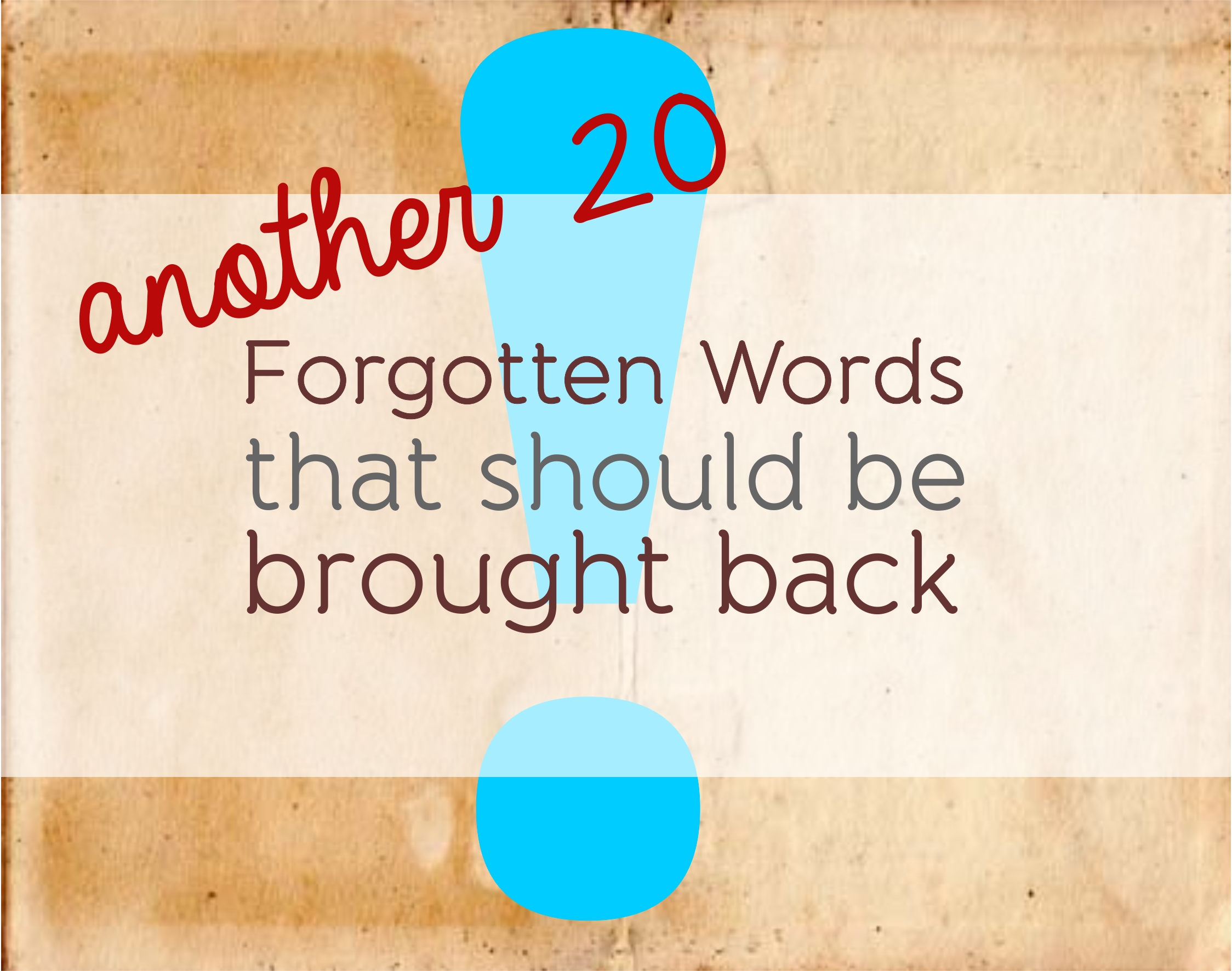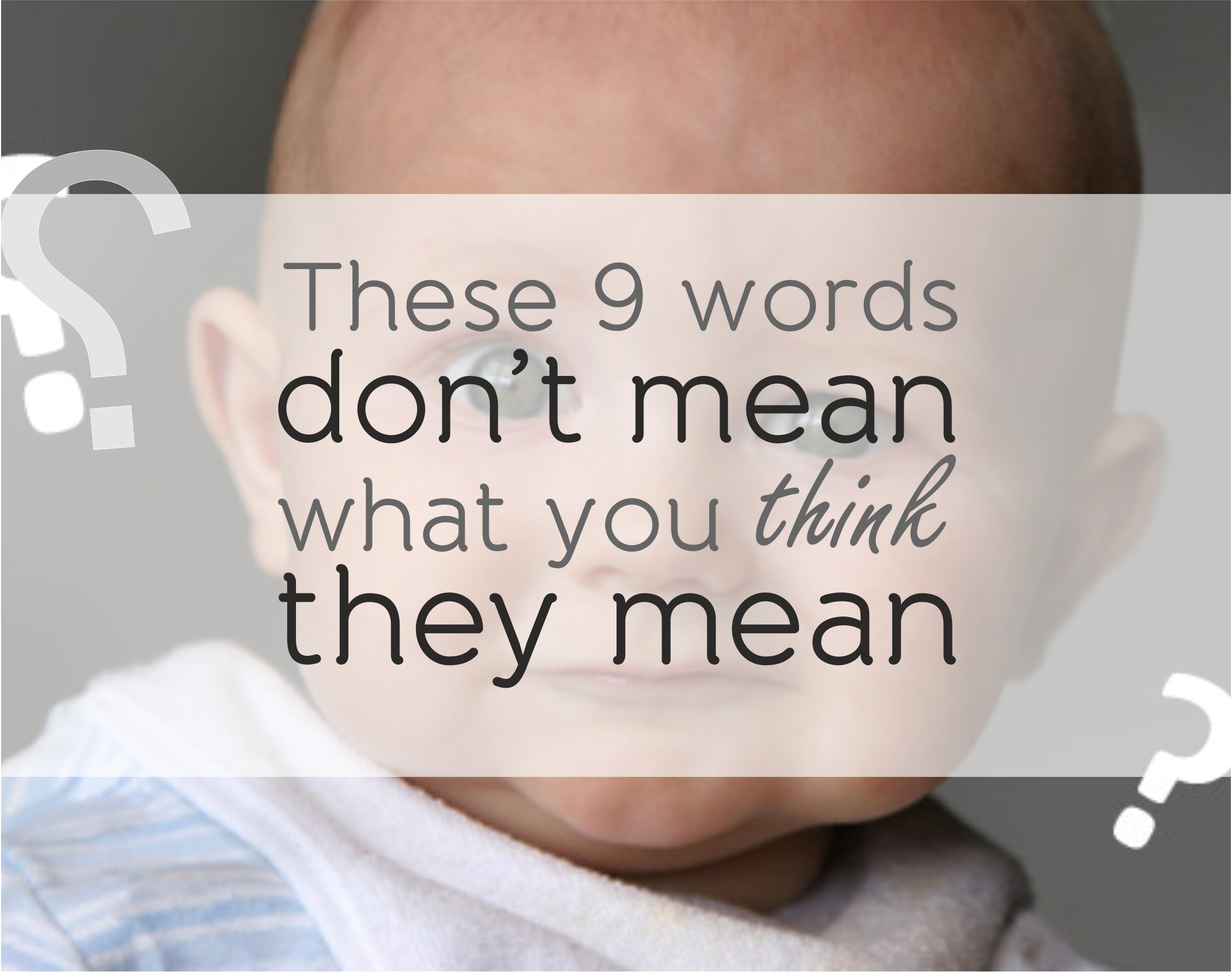I Won’t Hire People Who Use Poor Grammar. Here’s Why.

A small part of my job is to edit, proof-read, correct, …
The major part is to ensure all the departments are conveying the right message and keep a common house style for all communications. Yet some of the complacent co-workers insist that this means that we (PR&Communications Unit) are just a rabble of plain mortals whose sole ability in life is to put commas here and there.
Dear fellows:
“It’s easier to teach a poet how to read a balance sheet than it is to teach an accountant how to write.”
– Henry R. Luce (1898-1967)
Here’s one for you, sloppy co-worker. It matters. Got the chip on my shoulder now. Try me. 😉
Via Harvard Business Review
If you think an apostrophe was one of the 12 disciples of Jesus, you will never work for me. If you think a semicolon is a regular colon with an identity crisis, I will not hire you. If you scatter commas into a sentence with all the discrimination of a shotgun, you might make it to the foyer before we politely escort you from the building.
Some might call my approach to grammar extreme, but I prefer Lynne Truss’s more cuddly phraseology: I am a grammar “stickler.” And, like Truss — author of Eats, Shoots & Leaves — I have a “zero tolerance approach” to grammar mistakes that make people look stupid.
Now, Truss and I disagree on what it means to have “zero tolerance.” She thinks that people who mix up their itses “deserve to be struck by lightning, hacked up on the spot and buried in an unmarked grave,” while I just think they deserve to be passed over for a job — even if they are otherwise qualified for the position.
Everyone who applies for a position at either of my companies, iFixit or Dozuki, takes a mandatory grammar test. Extenuating circumstances aside (dyslexia, English language learners, etc.), if job hopefuls can’t distinguish between “to” and “too,” their applications go into the bin.
Of course, we write for a living. iFixit.com is the world’s largest online repair manual, and Dozuki helps companies write their own technical documentation, like paperless work instructions and step-by-step user manuals. So, it makes sense that we’ve made a preemptive strike against groan-worthy grammar errors.
But grammar is relevant for all companies. Yes, language is constantly changing, but that doesn’t make grammar unimportant. Good grammar is credibility, especially on the internet. In blog posts, on Facebook statuses, in e-mails, and on company websites, your words are all you have. They are a projection of you in your physical absence. And, for better or worse, people judge you if you can’t tell the difference between their, there, and they’re.
Good grammar makes good business sense — and not just when it comes to hiring writers. Writing isn’t in the official job description of most people in our office. Still, we give our grammar test to everybody, including our salespeople, our operations staff, and our programmers.
On the face of it, my zero tolerance approach to grammar errors might seem a little unfair. After all, grammar has nothing to do with job performance, or creativity, or intelligence, right?
Wrong. If it takes someone more than 20 years to notice how to properly use “it’s,” then that’s not a learning curve I’m comfortable with. So, even in this hyper-competitive market, I will pass on a great programmer who cannot write.
Grammar signifies more than just a person’s ability to remember high school English. I’ve found that people who make fewer mistakes on a grammar test also make fewer mistakes when they are doing something completely unrelated to writing — like stocking shelves or labeling parts.
In the same vein, programmers who pay attention to how they construct written language also tend to pay a lot more attention to how they code. You see, at its core, code is prose. Great programmers are more than just code monkeys; according to Stanford programming legend Donald Knuth they are “essayists who work with traditional aesthetic and literary forms.” The point: programming should be easily understood by real human beings — not just computers.
And just like good writing and good grammar, when it comes to programming, the devil’s in the details. In fact, when it comes to my whole business, details are everything.
I hire people who care about those details. Applicants who don’t think writing is important are likely to think lots of other (important) things also aren’t important. And I guarantee that even if other companies aren’t issuing grammar tests, they pay attention to sloppy mistakes on résumés. After all, sloppy is as sloppy does.
That’s why I grammar test people who walk in the door looking for a job. Grammar is my litmus test. All applicants say they’re detail-oriented; I just make my employees prove it.
Kyle Wiens
Share the find:
Co-worker vs. colleague

What is the difference?
Co-workers are all of those people you work with. Some are on the same level as you, some higher, some lower. You all work at the same place though so you are co-workers.
Colleagues are those people that are your occupational peers (equal level of position and responsibility). Two high school teachers at the same school are coworkers and colleagues. The principal is also their coworker but not their colleague. The principals colleagues are other school principals.
The dictionary tells us that colleagues share class or profession whereas coworkers simply “works with another…”
Via Yahoo answers
A little bit but now you know it,
Share the find:
What I’ve been bloggin’ lately:
- What type of geek are you?
- Intelligence or emotion word choice | Vocabulary
- Types of glasses in English
- Business Writing Truths and Myths
- Adverbs frequency chart
- English humour
- Weather vocabulary | Cold
- 240 color names in English
- THE 10 MOST COLOURFUL ENGLISH PHRASES (GB)
- Effective communication is “BRIEF”
Here and there
- Accent (6)
- Bits and pieces (118)
- Business (20)
- Did you know? (62)
- Free books (2)
- General Learning (74)
- Grammar Nazi(s) (19)
- Humour (32)
- Idioms (16)
- Quotes (46)
- Reading (28)
- Resources (5)
- Review(s) (5)
- Slang (13)
- Uncategorized (2)
- Words (35)
- Writing (75)
AWARDS

















